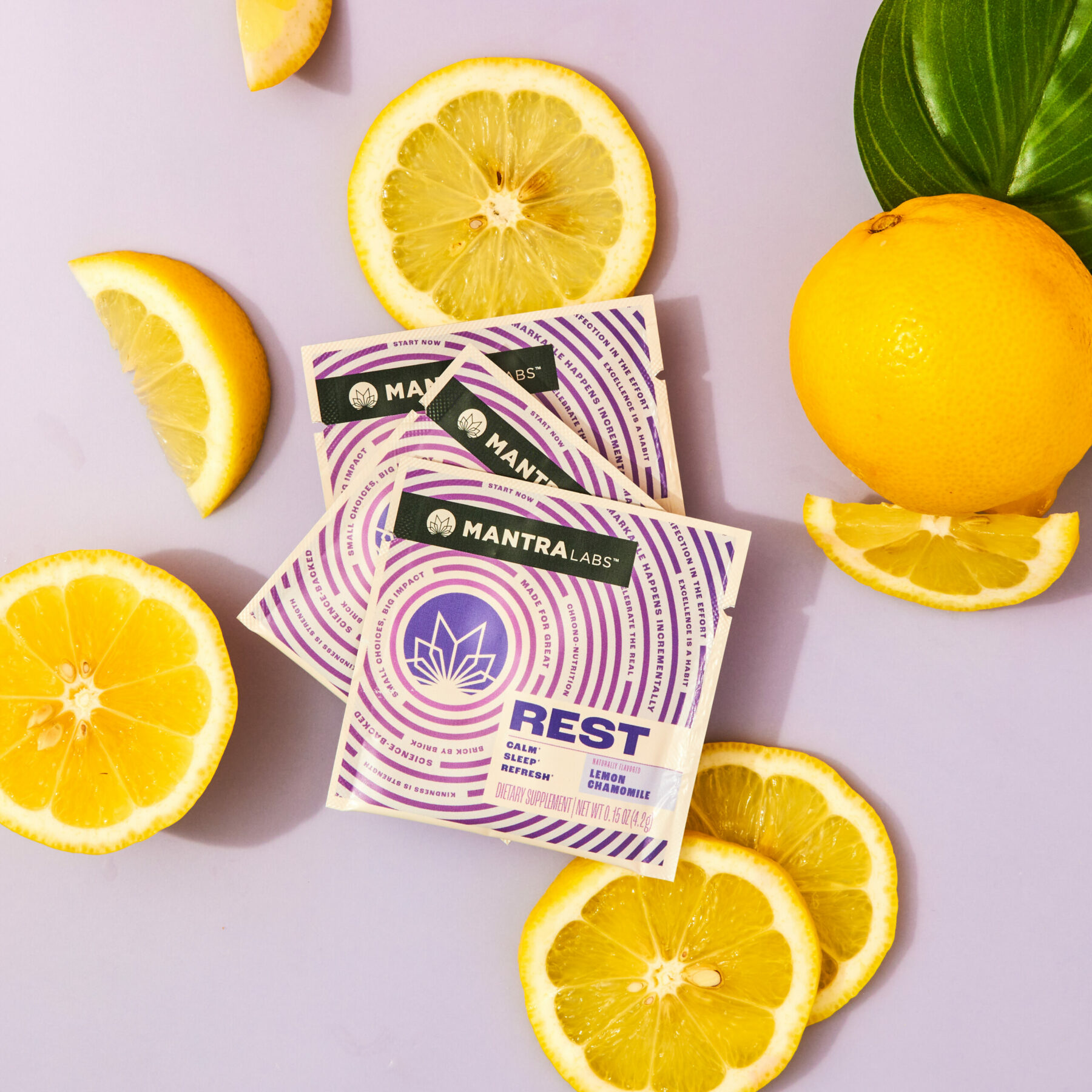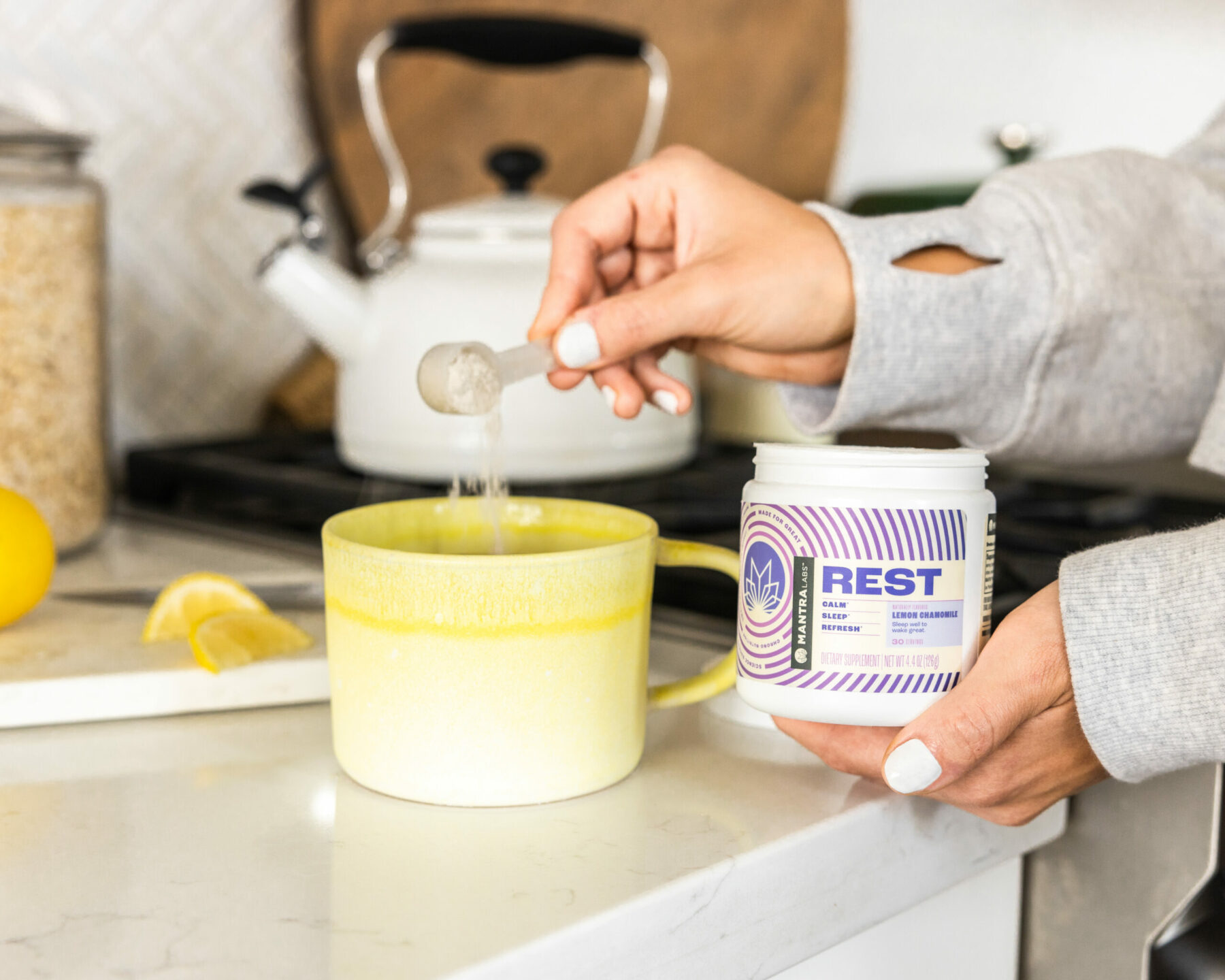Is Melatonin Right for You?

There is no shortage of interviews, podcasts, and articles about sleep problems and how to resolve them. Amongst those discussions and articles, many talk about how melatonin can be a great option. So, we’d like to share a bit of information to help you understand how you can decide if melatonin is right for you in your sleep and health journey.
Does This Story Sound Familiar?
Let us start by telling you a brief story about how melatonin could be effective in helping someone with sleep problems.
Hailey Johnson is a 32-year-old marketing manager at a medium-sized tech company in Silicon Valley. Hailey loves living and working in the Bay area but she is struggling to maintain her energy level and is too tired during the day to enjoy her time at work and play. She knows that her challenges in falling asleep at night are affecting this, but she is not sure what to do. She needs to get up at 6 am in order to be at her yoga class on time, pick up a quick breakfast after class, and still get to work by 9 am. She goes to bed at 10:30 pm to get enough sleep, but she cannot fall asleep until after midnight. She sleeps well once she falls asleep, but she feels exhausted in the morning when her alarm goes off. The yoga class helps, but she is “dragging” during the day.
Many of you may be experiencing similar challenges. The National Sleep Foundation (NSF) survey of Americans shows that you are not alone. The survey revealed that 43% of adults reported rarely or never getting a good night’s sleep, and the pandemic has raised that number dramatically. According to a recent British Sleep Society report, three out of four people in the United Kingdom had a change in their sleep (increased sleep problems) during the pandemic.

What About Melatonin?
Melatonin is essentially the “hormonal signal of darkness.” It is naturally produced by the pineal gland at the base of the brain when it becomes dark outside. It signals the body and brain that it is time to transition toward sleep. Therefore, melatonin is a key hormone for maintaining the rhythm of your body’s natural sleep-wake cycle. However, if your natural rhythm does not fit in your lifestyle, like Hailey’s situation, it may be helpful to use a melatonin supplement to shift your natural rhythm and improve your ability to fall asleep and stay asleep.
However, it is important to understand that melatonin is NOT a sleeping pill; It is a timing hormone. It may help you to shift or reinforce the timing of your sleep to match your lifestyle and life schedule. It is not an effective supplement for poor sleep due to an overactive mind, restlessness, sleep apnea, etc.
For Hailey, who was struggling with a circadian delay issue, she wanted to get her 7.5-8 hours of sleep by going to bed at 10:30 pm, but her biological rhythm was naturally set for her to fall asleep at 12:30 am. Since she had to wake up at 6 am, she was only getting 5.5 hours of sleep and felt lousy all day. Using a high-quality melatonin-containing supplement, like the formulation in MANTRA Labs REST, about one hour before her proposed bedtime (that’s about 9:30 pm) will help Hailey shift her sleep to a healthier time within her lifestyle. The companion products, RISE and GO, taken during the day, will also support a healthy 24-hour circadian rhythm.
Bonuses of Taking a Melatonin Supplement
Melatonin is also a powerful immune booster that works as an antioxidant and can reduce inflammation. Melatonin has been shown in studies to help reduce the severity of influenza. It also has strong neuroprotective properties to support the health of your brain and nervous system.

Is Melatonin Right for You?
If you are experiencing sleep problems, similar to Hailey, in which:
- You go to bed at the time you want, but your mind won’t shut down and you cannot fall asleep
- Yet you can fall asleep later in the night
- And you sleep relatively well once you fall asleep
- But you need to wake up to an alarm and you are not rested
You may be struggling with a delay in your circadian rhythm.
Your natural circadian rhythm would have you going to bed later and sleeping later, but if your life schedule requires you to be at work, school, or other activities earlier, you may want to shift your rhythm to a schedule that works with your lifestyle. If you’re in Hailey’s situation, we recommend using the REST supplement about three hours before your current bedtime or one hour before your proposed bedtime. Over a period of weeks to months, you will likely experience an improved ability to fall asleep at a time in the evening that is right for your schedule.
SLEEP WELL!!!






